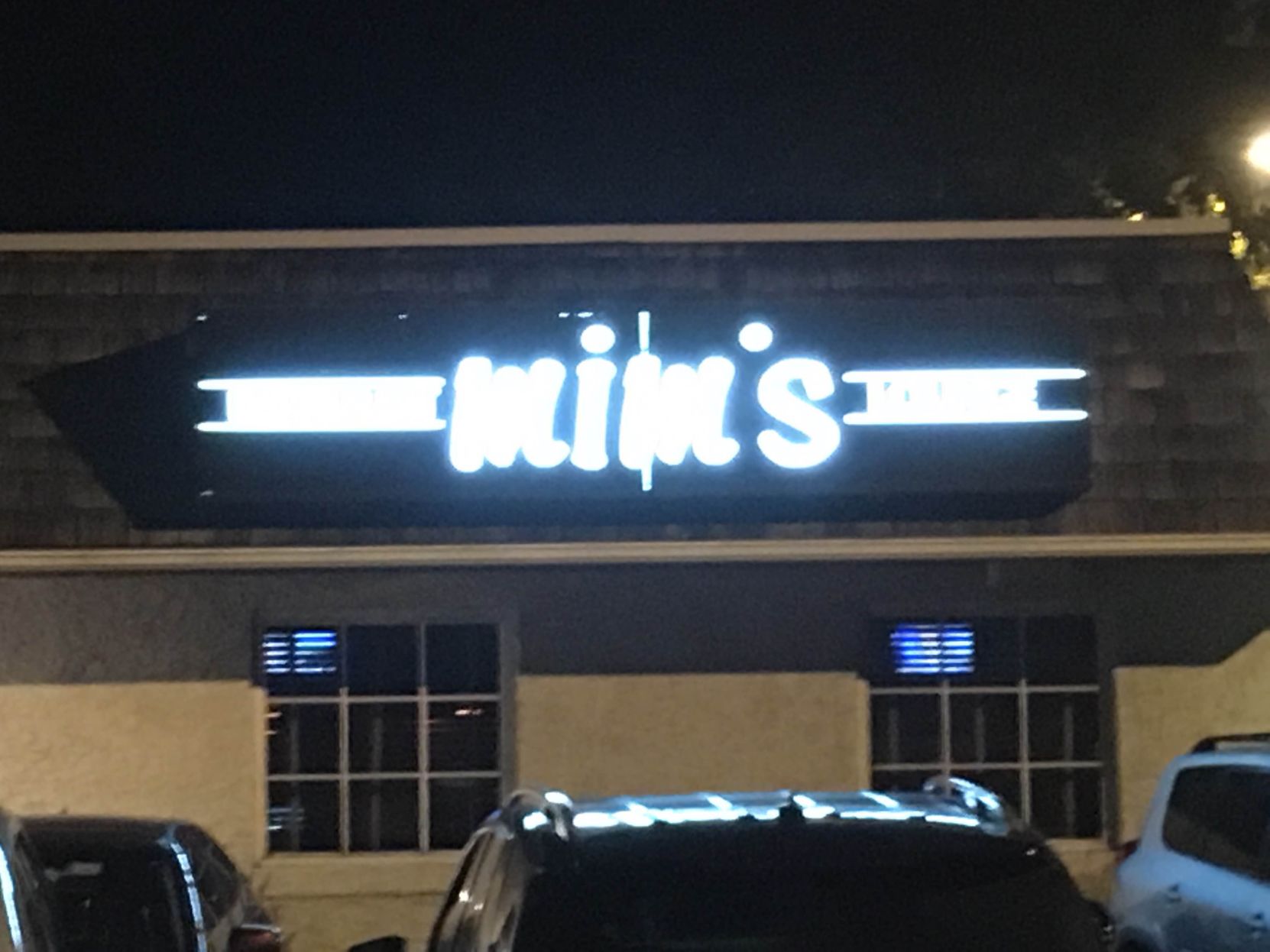Mim’s restaurant defeated the Town of North Hempstead in a long-standing legal dispute on Oct. 19, when a judge with the New York State Supreme Court Appellate Division annulled a five-year limit the town had placed on an exemption extended to Mim’s for use of a parking lot that crossed into a residential zone.
“Why should a land owner be forced to go back to the municipality for approval every five years?” asked Christian Browne, an attorney representing the restaurant. “It’s not fair.”
Mim’s use of the parking lot will no longer have a time limit, though the town has vowed to change the relevant ordinance.
“The court held that Town Code Section 70-225(E) did not provide the Board of Zoning Appeals with the authority to impose time limits on permits issued pursuant to that section and we are abiding by that decision,” said Carrole Trottere, a town spokeswoman. “We are currently working to amend out town code so that the town will have the authority to impose time limits in the future.”
The restaurant is located on Roslyn Road a few blocks north of the Long Island Expressway.
Browne, who is a partner in the firm of Sahn Ward Coschignano PLLC, said the restaurant remains subject to a summons if it violates other conditions of the zoning exemption it initially received 30 years ago, which gave an allowance for the restaurant to use parking that extends into a residential area.
Ever since then, the restaurant has returned every three to five years to renew the approval from the board.
At a Sept. 22, 2015, meeting of the board, Mim’s requested that the board grant approval without the inclusion of a five-year limit. The board refused.
Mim’s then filed a lawsuit in State Supreme Court demanding the time limit be removed.
A decision handed down on Nov. 16, 2015, ruled in favor of the town, Browne said.
The State Supreme Court Appellate Division reversed that decision on Oct. 19.
Browne said the appellate judge ruled “the town ordinance that governs the approval doesn’t say the town can limit its duration. Unless you have express language saying duration limits are allowed, they’re illegal.”
The expense and time involved in the approval process was not what most bothered Browne’s client, he said.
“The town is hampering the owner’s ability to sell this land or do a long-term lease,” Browne said.
“Buyers don’t want the fear of the parking lot being taken away from them,” he said.



